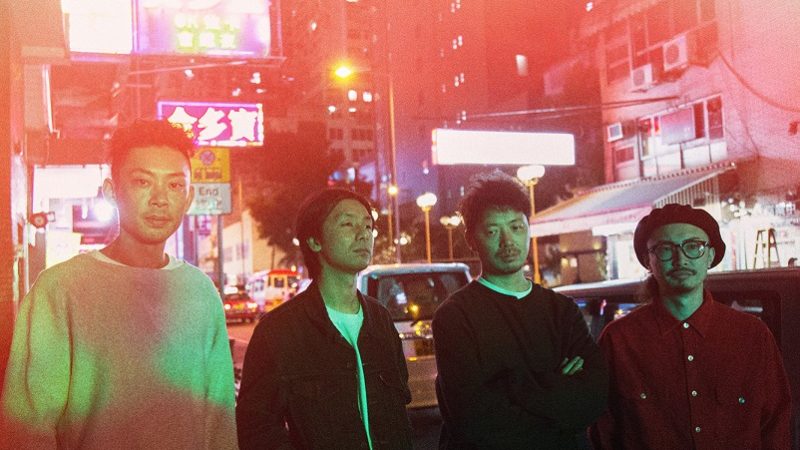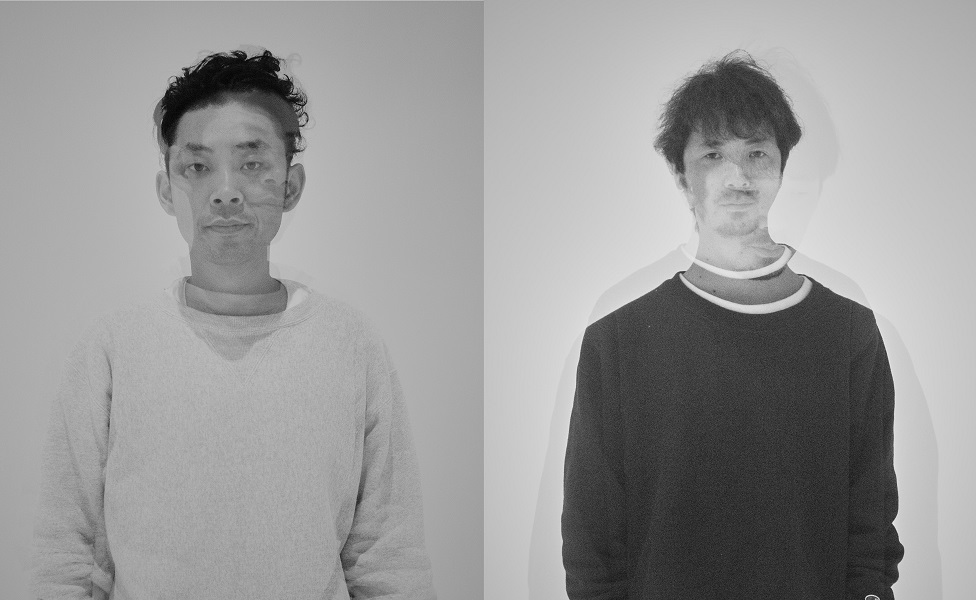Instrumental ‘Dusk’ Defies The Vocal-Less Rock World
Music Press Asia interviews Nabowa band members Yu Kawakami [drummer] and Hiraku Yamamoto [violinist] on their perspective as a Kyoto-based instrumental group; releasing their sixth album ‘Dusk’ with Daddy Kev; the Japanese scene and its audience; and how digital distribution for instrumental music is working out for them.
Music Press Asia interviews Nabowa band members Yu Kawakami [drummer] and Hiraku Yamamoto [violinist] on their perspective as a Kyoto-based instrumental group; releasing their sixth album ‘Dusk’ with Daddy Kev; the Japanese scene and its audience; and how digital distribution for instrumental music is working out for them.

Nabowa
If you think that evolving to become an instrumental rock band is a rare occurrence. And that keeping it all together may seem improbable and heading for disaster. Then, this story deserves to be told — in all respect, as a successful creative cell and the enduring characters it possess as a rock group, Nabowa seem to have it all. But, how does a band source for new material and keep reinventing?
The quartet got together as a rock band about twenty years ago. And after signing to Tokyo-based record label AWDR/LR2, a subsidiary label of Space Shower Music, the team set about building a sturdy repertoire of instrumental tracks debuted their first album in 2008.
Whether or not with a definite plan in sight, their creative output remain around a constant theme of day. “In the past, our impressions of music are a heightened sense of positiveness and bright of day. But, we’d started to focus on the concept of night,” said Kawakami, on their most recent sixth album release, ‘Dusk’.
— Hiraku Yamamoto, Nabowa’s violinist.
“We’d like our music go beyond the borders of cultures and nationalities. And that instrumental music has possibility to do just that.”
Exploring the makeshift of story-telling time, the concept began to attract a following — listeners are being offered earfuls of dynamic and versatility instrumentation that is in one part we’d identify as accidental charm, and on another, just pure persistence to stick to what they believe in, and fly. Not to mention, extended trance-like phrases, a signature of Nabowa, keep the addictive listening last just a little longer.
“From the very beginning, we knew of our differences in personality and tastes for music. As this was one of the greatest factors why we still play together for the last 15 years, we’d also find ways to respect each other’s opinion and input…It’s important that we continue to appreciate and respect each other,” said Yamamoto.

Though one may think of the inconvenience of communicating between teams based in two separate cities, Kawakami says respect and believing in the label and management, coupled with the characteristics of two distinctive cities, is an arrangement that continues to benefit them, not just creatively.
“The way we bring music to our listeners [and decisions of] our public images are entrusted to our [record] label and management,” said Nabowa drummer Yu Kawakami.
“Today’s music scene lean towards ‘self-management’. But this arrangement fits us, nonetheless, because, as much as I respect and believe in our team, it was also because they believe in our music. And this is one of the reasons why we continue to have the freedom in creating and continuing the band today.”
With a management and record label in place, Nabowa grows ever more determined to expand its musical repertoire. To celebrate its 10th anniversary as a band in 2014, they collaborated with Carlos Nino and released ‘Nabowa Meets Carlos Nino & Friends’.
“The sound produced by the musicians from Los Angeles are truly magnificent and have their own version of the story to tell,” said Kawakami, astounded by the result of the collaboration. “I’m really interested in their wonderful world-view of sound as they are creating something totally different from what we are making here in Japan.”
As Kevin Marques Moo’s popularity as L.A.’s ‘beat guru’ began soar, it was the thundering performances by artists Thundercat, Kamasi Washing and Flying Lotus that sent Nabowa crying for more. So much so that it soon became apparent, that the task of mastering the latest album ‘Dusk’, would eventually be given to the producer, DJ, Grammy-nominated mixer and mastering engineer known as Daddy Kev.
And why have they become an instrumental band? According to Hiraku Yamamoto — Nabowa’s violinist– the band was certainly not planning on being such. They “just didn’t have a vocalist at the time. And that everything just went through the course of nature — that Nabowa will eventually be an instrumental band.”
Asked about how a Kyoto-based band remain visible in a highly competitive music scene in Tokyo and Kyoto, Yamamoto’s answer opens a rare window into how audience in Japan, especially Kyoto, perceives an instrumental band, such as Nabowa.
Comparing Kyoto’s level of acceptance of its music with the reception of the Michelin’s Guide when it was first introduced in Japan. “We are based in Kyoto, and I believe that the people of Kyoto characterizes “indifference” as something good. A great example is to compare Kyoto’s dedication to food. While its delicacy are world renown, some restaurants in Japan may still deny mentions on the Michelin’s Guide. A practice that chimes a popular Japanese idiom (よそはよそ、うちはうち)
— ‘that may work for them, but not in this house’,” said Yamamoto.
“So, the same goes for the music scene in Kyoto. While bands do not get as much praise here, neither are they being denied. And for this reason, I feel that Kyoto is still the best city in Japan that gives unparalleled freedom of expression to its musicians.”
As Tokyo’s population remain larger than Kyoto, it wouldn’t be surprising that musical choices are more diverse as trends go in and out of popularity before you could even finish saying cheese burger. Although instrumental bands are still a rare sight in the Japanese music scene, it is perhaps even more unusual to hear of a ‘vocal-less’ rock band.
“When our music moved to Tokyo, we were quickly accepted because instrumental bands were just starting to appear at large Japanese music festivals. And that could only mean Japanese instrumental bands still have possibilities to grow. And it’s very possible that new similar bands would appear in the future,” added Hiraku Yamamoto, on Tokyo’s openness and fast moving trends.
Nabowa is managed by Bud Music, and signed to AWDR/LR2, a sub label of Space Shower Music.
In support of the release of ‘Dusk’, Nabowa now tours ONE MAN TOUR nationwide Japan. Dates below.
May 10 – Jammin, Nagoya; May 11 – Daikanyama Unit, Tokyo; June 8 – Umeda Shangri-la, Osaka; June 29 – Rooms, Fukuoka; July 6 – Taku Taku, Kyoto. The new album ‘Dusk’ is now out. Listen to ‘Dusk’ on Spotify here.




